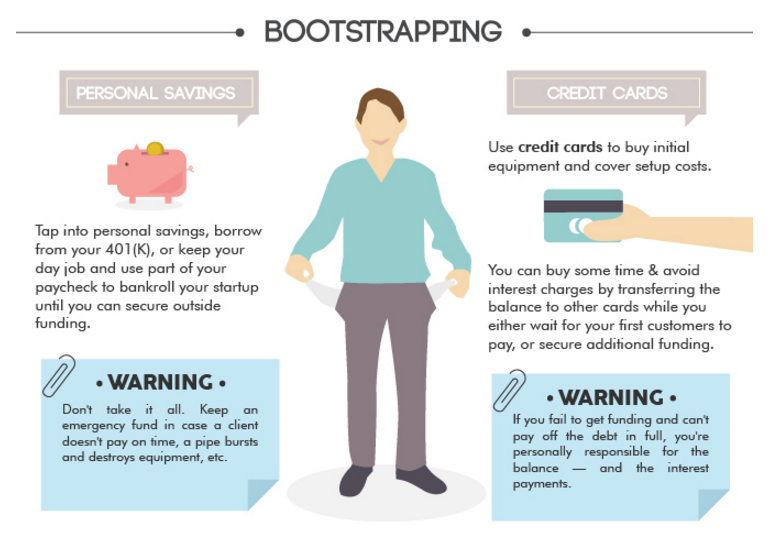Bootstrapped Startup
What is a Bootstrapped Startup?
Definition:
A “Bootstrapped Startup” in the realm of entrepreneurship refers to a company that is self-funded and operates without external financing from venture capitalists, angel investors, or other sources. Bootstrapped startups rely on their own resources, revenue generation, and operational efficiency to fund and sustain their growth. These companies prioritize financial independence and aim to build sustainable businesses without external capital injections.
Analogy:
Think of a Bootstrapped Startup as a gardener cultivating a garden without relying on external fertilizers. While some businesses receive financial nutrients from external investors, bootstrapped startups carefully nurture their growth using their own seeds (initial capital) and cultivate a sustainable environment for their business to flourish.
Further Description:
Bootstrapped Startups differentiate themselves by avoiding external funding and focusing on organic growth. They often start small, reinvesting profits back into the business to fuel expansion. Bootstrapping requires a strategic and frugal approach, emphasizing lean operations, efficient use of resources, and a strong emphasis on revenue generation to achieve financial sustainability.
Why is a Bootstrapped Startup Important?
Bootstrapped startups prioritize financial autonomy and maintain control over their business decisions. By avoiding external funding, they retain ownership and have the flexibility to shape their company according to their vision. This approach fosters a sense of resilience and resourcefulness, as bootstrapped entrepreneurs navigate challenges with the resources at hand.
Examples and Usage:
Product Development: A bootstrapped startup may fund product development using revenues generated from initial sales, avoiding external financing.
Operational Expenses: Instead of seeking investor funds for operational costs, a bootstrapped startup might optimize expenses and prioritize profitability from early stages.
Marketing Campaigns: Bootstrapped startups may focus on cost-effective marketing strategies and organic growth rather than relying on significant marketing budgets.
Expansion: To fund expansion efforts, a bootstrapped startup may reinvest profits and strategically scale its operations based on organic revenue growth.
Basically, a Bootstrapped Startup is a self-funded venture that relies on internal resources, revenue generation, and operational efficiency to grow. This approach contrasts with businesses that seek external funding from investors to fuel their expansion.
For example, a bootstrapped software startup may fund its development efforts through initial sales, focusing on creating a sustainable product that generates consistent revenue.
Key Takeaways:
- A Bootstrapped Startup is a self-funded company that operates without external financing from investors.
- Bootstrapped startups prioritize financial autonomy and rely on internal resources and revenue generation for growth.
- This approach allows entrepreneurs to retain ownership, make independent decisions, and foster resilience in navigating challenges.
- Bootstrapped startups focus on lean operations, efficient resource utilization, and sustainable revenue generation.





